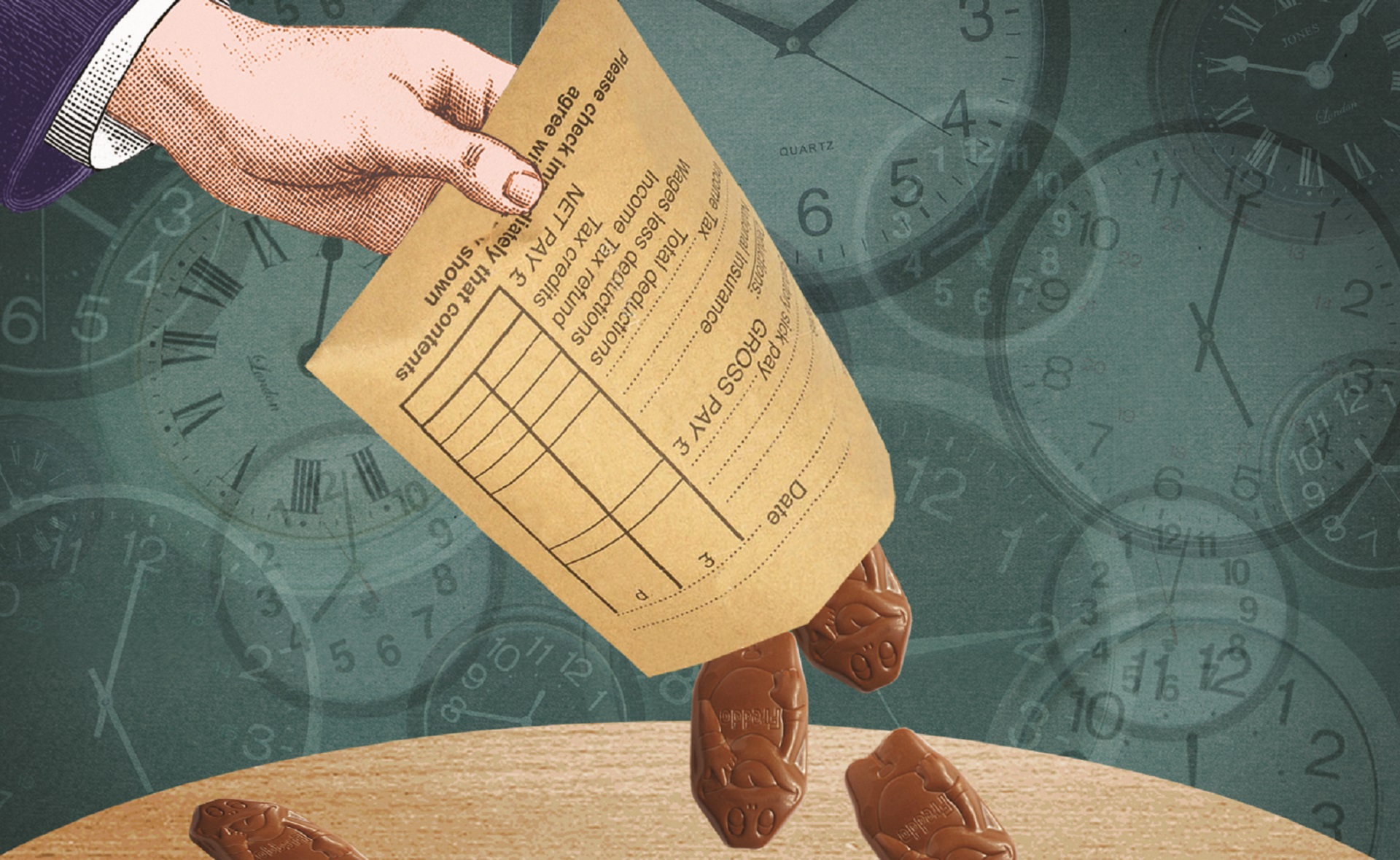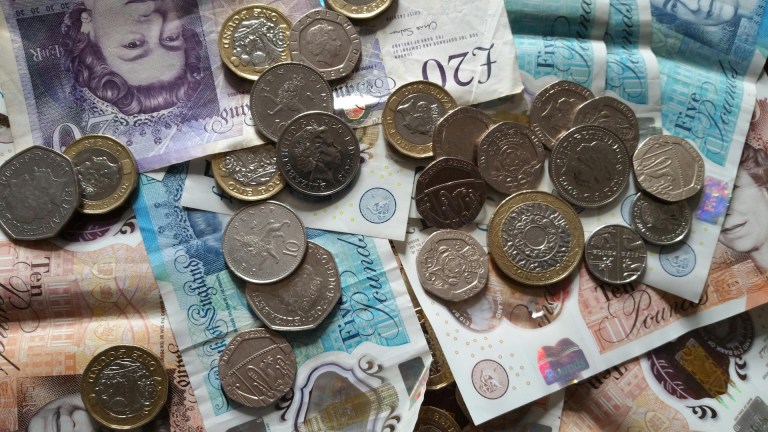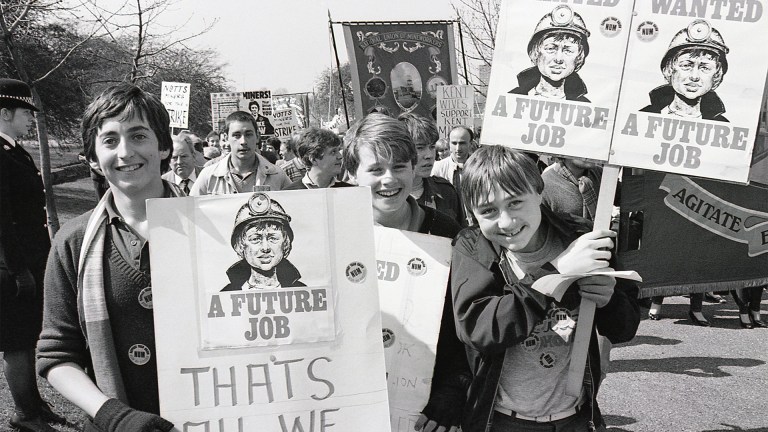How it was told
The cult classic Freddo chocolate bar has a special place in the nation’s – and the internet’s – heart.
Sure, Snickers might be more likely to be spotted on an advertising hoarding at a World Cup match. And M&Ms might have a London store. But so what? The till-top favourite featuring the anthropomorphic cartoon frog beats them all thanks to the bar’s ability to embed itself in Brits’ consciousness when it comes to economics.
‘Freddonomics’ and ‘the Freddo Index’ were just accepted truths on the playground for any Nineties kids. The internet has now taken on that mantle, and that means as recently as last week you could find Irish website Joe discussing the humble Freddo’s money merits. They opted for the headline: “Someone has used Freddos to prove that minimum wage in the UK should be £18 an hour”.
This is, of course, nothing new. Freddo financial coverage featured on The Telegraph back in 2016 with a bit of extrapolation under the headline: “This is how much a Freddo is set to cost by 2030”.
Yahoo! covered the story last year, reporting that “The price of Freddo chocolate bars has risen five times faster than inflation”.
Earlier in 2019, pollsters YouGov quizzed Brits on their knowledge of the bar and money, opting for the headline: “How much does a Freddo cost? Britons have lost track”.










